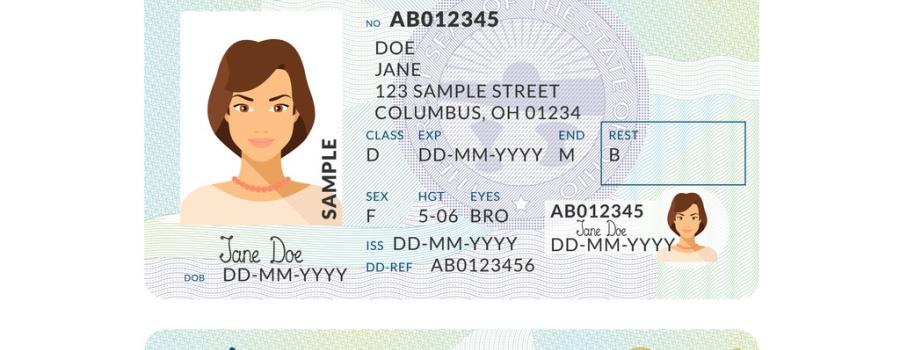Ohio Approves Enhanced Driver’s Licenses Despite Privacy Concerns

COLUMBUS, Ohio -- A new law in Ohio is paving the way for issuing enhanced driver’s licenses and ID cards, which could replace passports for land or sea entry into Canada, Mexico, and Caribbean nations. However, the technology used in these licenses has sparked privacy concerns.
The provision, part of Ohio’s transportation budget effective June 30, allows state officials to seek approval to issue enhanced licenses. Ohio would join Michigan, Minnesota, New York, Vermont, and Washington if approved as states offering such licenses.
The enhanced licenses will contain a Radio Frequency Identification (RFID) chip, signaling a border inspection computer to pull up a citizen’s identifying information, according to the U.S. Department of Homeland Security. Despite privacy concerns, DHS notes that personally identifiable information is not stored on the card or transmitted electronically. The card only contains a unique identification number that a secure DHS database can reference. Each license also comes with a shielded sleeve to prevent unauthorized reading.
Enhancing a driver’s license, Commercial Driver's License (CDL), or ID card will cost an extra $25 on top of the standard fees. The state’s Registrar of Motor Vehicles will be able to adopt rules regarding the types of proof of identity and citizenship that applicants could accept, as well as security measures to guard against counterfeiting and leaks of personal information.
Ohio lawmakers have previously rejected the concept of enhanced driver’s licenses twice. James Moyer, a data protection advocate from Medina County, voiced concerns about the unencrypted RFID chips used in the licenses, calling their security "technologically defunct." Moyer also criticized the lack of publicity around the program and the rulemaking authority granted to the state’s public safety department.
Despite these concerns, proponents of the law argue that it will make it easier for Ohioans to cross international borders, and the Ohio Bureau of Motor Vehicles is awaiting guidance from DHS on implementing the enhanced IDs. The timeline for this implementation depends on the federal government, leaving some details about costs, expiration dates, and extra steps needed to get one still unclear.